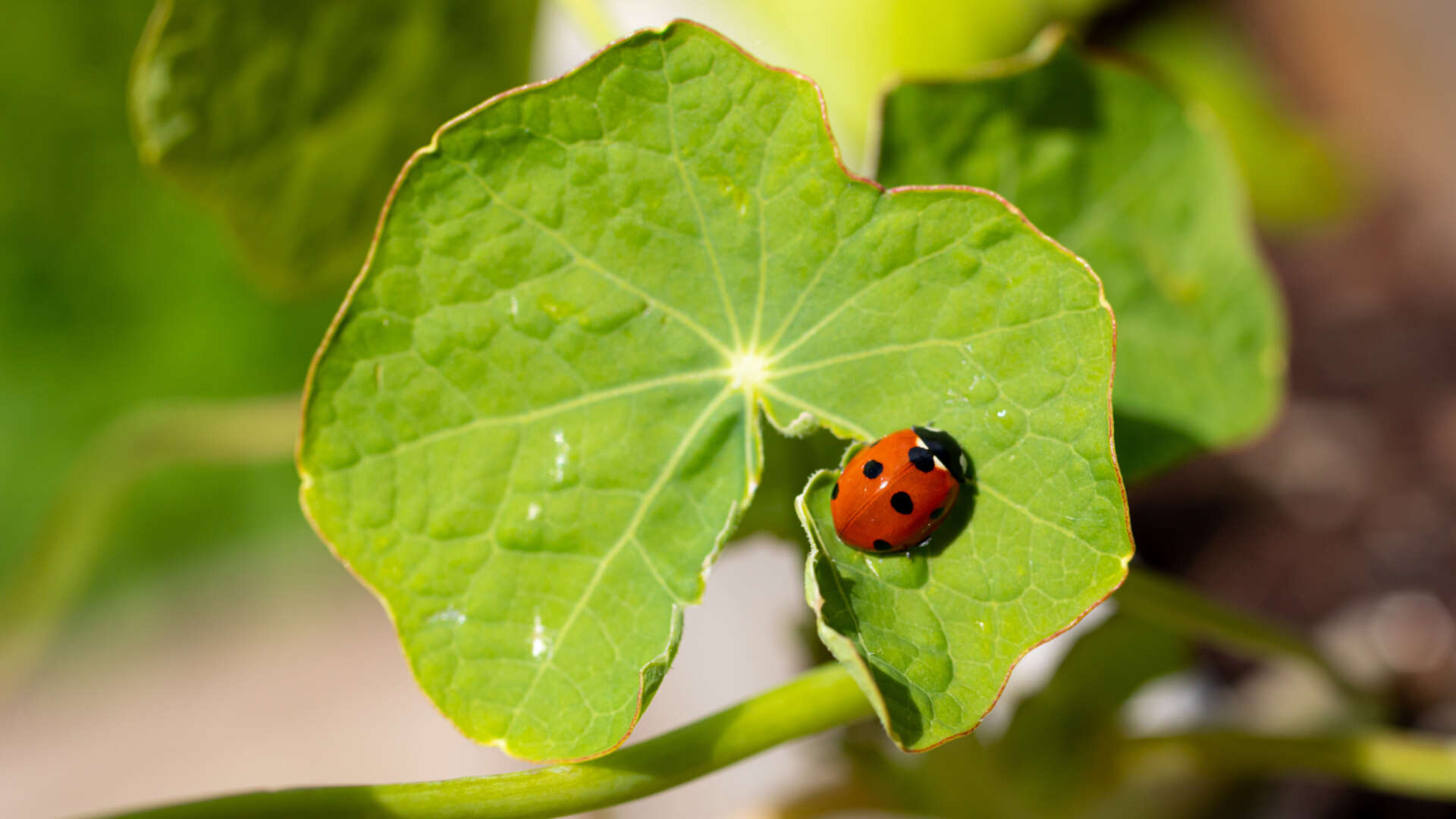Make Your Garden Matter this Organic September

The decline in biodiversity can sometimes feel too huge to tackle as individuals – but during Organic September, we’re showing that even small changes to the way you manage your growing space can make a big difference.
Across the month, we’ll be sharing tips and advice via our social feeds to help #MakeYourGardenMatter, regardless of size or location. Patio-gardeners can learn about herbs and autumn-blooming flowers that offer late nectar supplies for pollinators. Gardeners with a lawn can discover how to use it as a home for hibernating insects and food for pollinators. And all growers will benefit from advice on how to nurture soil and the creatures that live within it.
sign up to our Organic Matters enewsletter during September – packed full of monthly advice and news about organic gardening – we’ll also send you a free limited-edition Make Your Garden Matter poster. Sign up now.
Take part in our survey! We'd love to find out how you boost biodiversity in your own growing space. Take part here.
Every garden matters
Our #MakeYourGardenMatter advice is based on findings from our research paper, Every Garden Matters, published this year to mark our 65th birthday - which showed gardens are the key tool in tackling biodiversity loss.
Our director of horticultural science Dr Bruce Pearce demonstrated that simple actions in backyards, balconies and allotments - such as planting a wider diversity of native plants, composting, planting a tree, or creating habitats - can have a major impact on the worrying drop in wildlife populations.
Five easy steps to boost biodiversity
- Plant a wide a range of vegetables, flowers, shrubs and trees as you can, and wherever possible use native or near-native species.
- Choose a range of plants that flower across the year to provide prolonged food for beneficial insects.
- Include a diverse range of structures and habitats such as ponds, wood/leaf piles, banks and hedges.
- Recycle nutrient and organic material within your garden, use cover crops and green manures, and cultivate with a light touch.
- Don’t use pesticides or artificial fertilisers.
If you’d like to get more in-depth knowledge about seed saving, composting and other organic gardening techniques during September, consider signing up to one our workshops or tours.
Follow our hashtag #MakeYourGardenMatter to discover more of the easy steps you can take in your garden this month. And look out for our Organic September feature in the September issue of Kitchen Garden magazine.